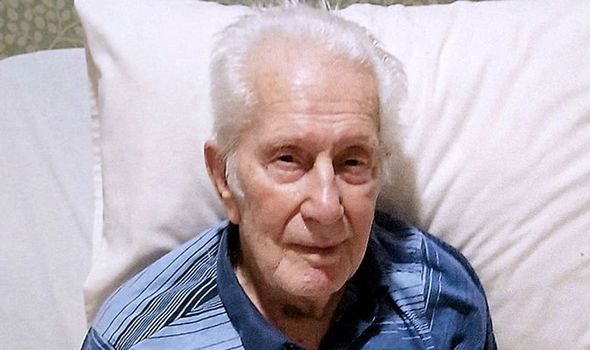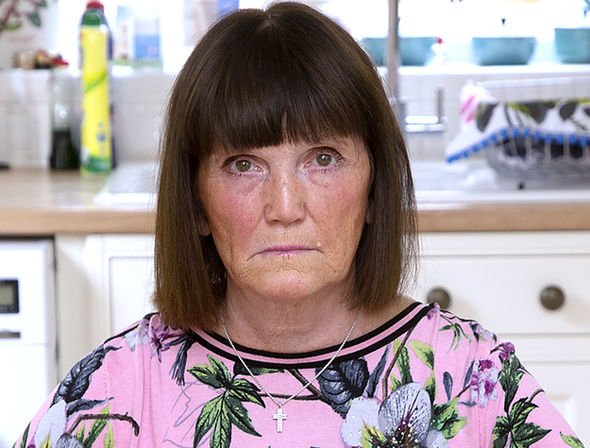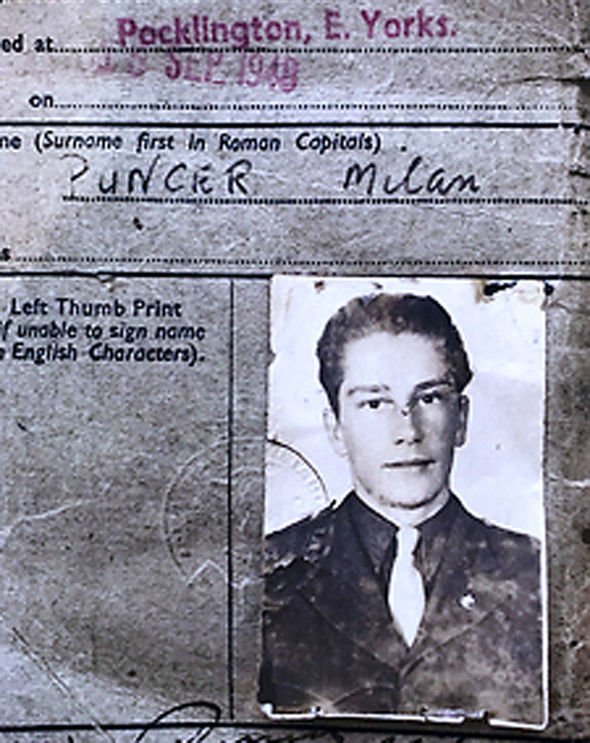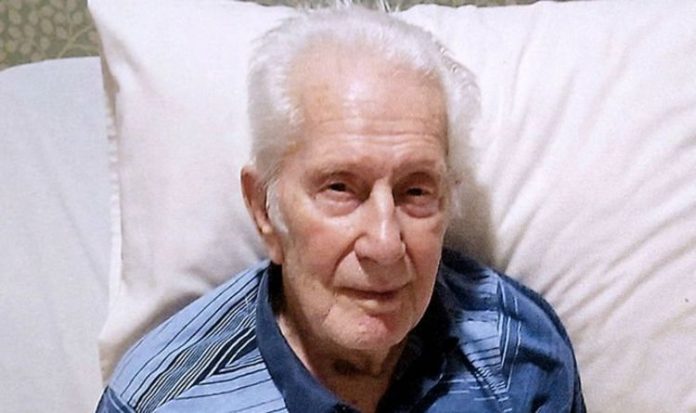Milan, who escaped the clutches of the Nazis and fled to Britain after the Second World War, is one of hundreds of thousands suffering in silence.
The Slovenian-born former engineer has Parkinson’s and dementia and is deaf and blind. He has contracted and survived Covid-19, but his daughter says she is worried sick about him.
Tamara said: “I have never been worried about him dying of the virus. My father will die of sadness and loneliness. He wanders looking for us, calls for us and tells the nurses we don’t have time for him.
“Since we haven’t visited, he has deteriorated. He has no life now. The lockdown is having a devastating effect on my father. We used to give him that little piece of happiness he now needs so desperately.
“It saddens me day and night and I am struggling as I feel so cruel. It is like I have left a deaf, blind child with multiple illnesses and I struggle.
“They say my father rarely smiles now and this is the most traumatic part of my life.
“We need to get in to see our loved ones as this is inhumane, cruel and heartbreaking.
“My mother died suddenly of brain haemorrhage at 54 but what is happening to my father is more traumatic.
“His dementia is cruel and he does not know what is happening. I cannot begin to describe the sadness.”

Milan’s daughter fears he’ll die of ‘sadness and loneliness’ (Image: Jason Mitchell)
Tamara is pleased with the loving care her father receives at The Maltings Care Home in Peterborough, but simply cannot understand why she and her family have been banned from seeing him for seven months when his suffering is immeasurable.
The care home access crisis is one of the scandals of the Covid emergency, with relatives aggrieved that they are classed as visitors, rather than loving families.
Earlier this week, care minister Helen Whately suggested some people could soon be allowed to see their loved ones in care homes under a pilot scheme.
Yesterday, she shared more details about the plan. In an online update, she said designated family members who provide regular personal care will be able to visit care home residents several times a week.
It is unclear when the scheme will start.
Ms Whately said she is “determined to give social care all the help we can to control Covid-19 this winter”.
She added: “I hope further peace of mind will come for care staff, residents and visitors following news that we are working up proposals with clinicians and stakeholder groups to run a new visiting scheme.
“This scheme will allow specific or designated care home visitors, who provide regular personal care, to attend residential settings multiple times a week.
“We hope this will help reduce feelings of isolation among residents and provide additional support to care staff.”

Tamara Jenkins is begging ministers to allow loved ones into care homes (Image: Jason Mitchell)
But for now Tamara and her husband John, 72, live in fear of receiving a dreaded phone call from the home.
Milan left his hometown of Slovenj Gradec, where his 96-year-old sister Mijda still lives, after the war and found sanctuary in Britain.
Fluent in eight languages, he fled across Europe as a teenager before arriving in the UK and finding work in brickyards and then as an engineer.
He married Shirley and the couple settled in Peterborough and lived happily before her death in 1989.
He has now been in The Maltings for a year. However, two residents have died of Covid there.
The family have seen Milan in the care home garden but he gets stressed, disoriented and cold.
Tamara said: “I am heartbroken on a daily basis. It has been the most difficult time I have ever had to deal with.
“I feel so cruel. It is cruel leaving my dad alone without any connection to his loved ones. He doesn’t understand, he thinks we have abandoned him.
“It would be the same feeling if I had left my small child alone ill in hospital for seven months. How could you do it, you ask yourself.
“It saddens me when the nurse tells me he calls for us. My dad feels safe with us and because he is going through so much trauma with his mind I need to be there and I miss him so much that I dream of rescuing him so we can reunite.

Milan escaped the clutches of the Nazis and fled to Britain after the Second World War (Image: Jason Mitchell)
“It’s now been seven months and it has been agonising. In the back of my mind I know dad is going to die of sadness and loneliness.
“This situation has caused me to lose a lot of weight and my blood pressure shot up. I have had sleepless nights and frequent migraines. This is what this situation is doing to families like ours.
“My father is in a lonely dark world but us not being able to go in to see him is making his world even darker.
“He is vulnerable and frightened and it saddens me day and night. This lockdown has been too much to bear.”







